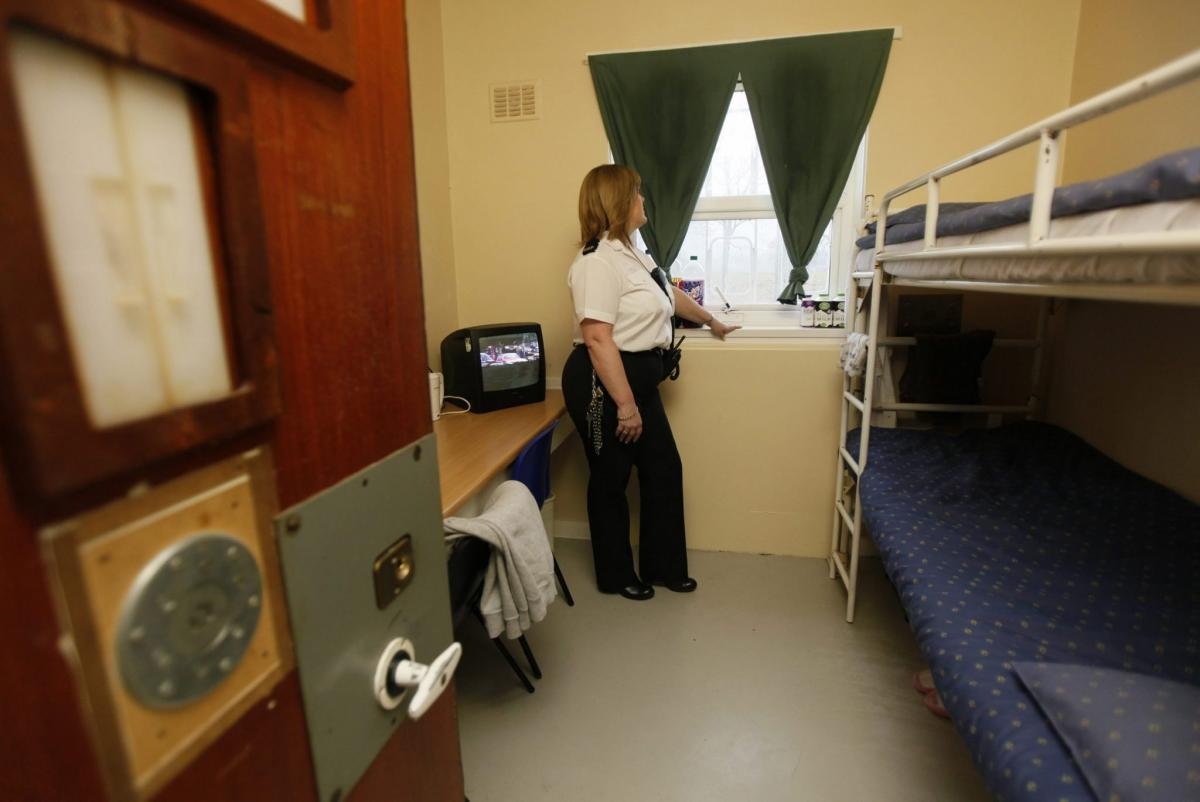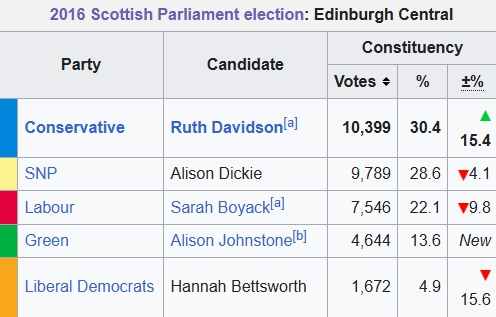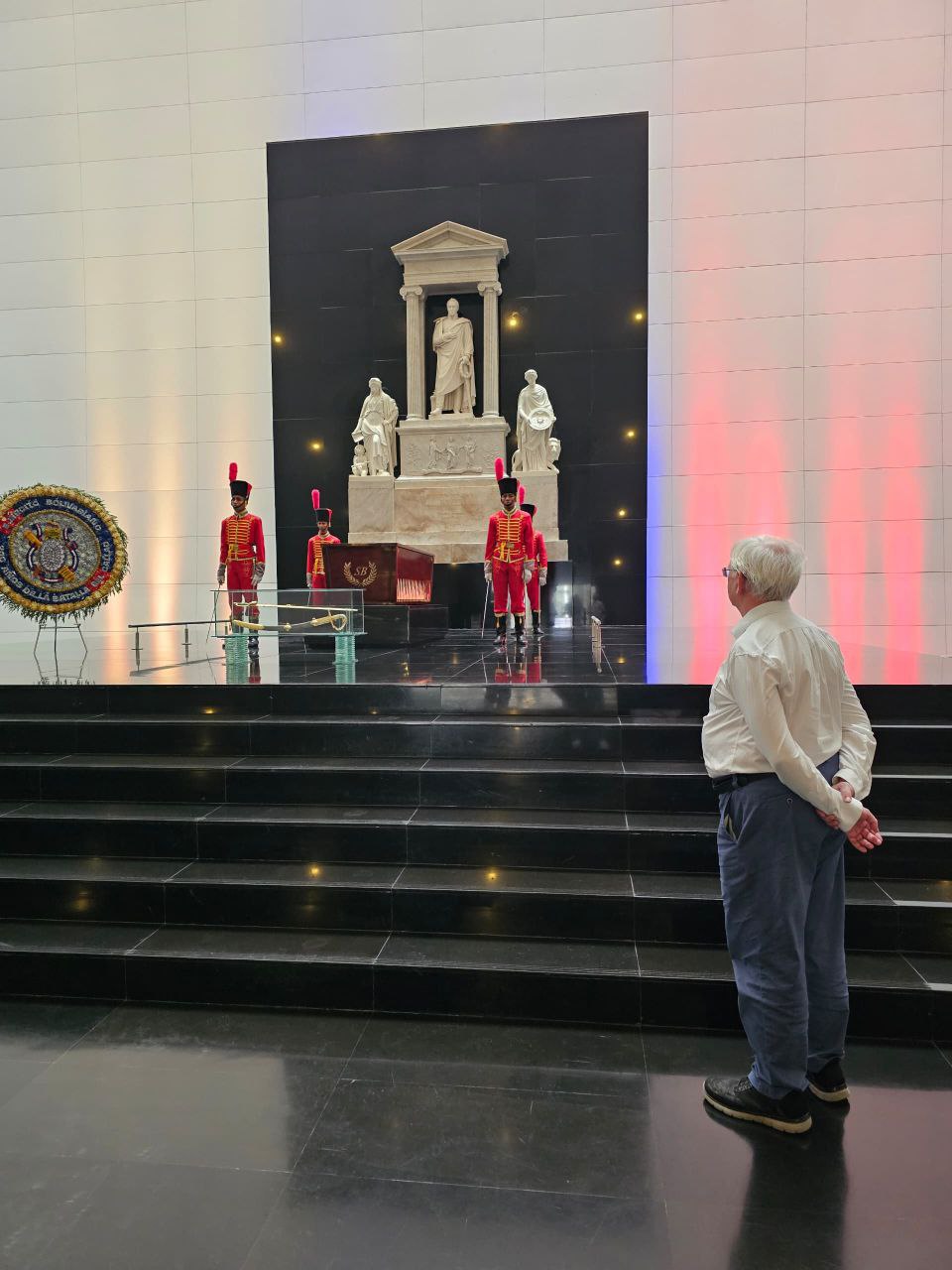THE TIDE OF HISTORY
This is another beautiful written article from Peter Young of ScotNews in Denmark. The Tide of History My wife and I were watching the north German drama ‘Der Usedom-Krimi’ recently. We suddenly recognised one of the seaside towns used as the location in the episode. We’d visited this town only a few weeks after theContinue reading "THE TIDE OF HISTORY"
This is another beautiful written article from Peter Young of ScotNews in Denmark.

The Tide of History
My wife and I were watching the north German drama ‘Der Usedom-Krimi’ recently. We suddenly recognised one of the seaside towns used as the location in the episode. We’d visited this town only a few weeks after the re-unification of East and West Germany on 3 October 1990.
Those momentous events of three decades ago were inspiring. They were events I had never expected to see in my lifetime. And when they occurred, they moved forward at a rapid, almost breathless pace. That experience has left me with the conviction that old established regimes can be swept away, no matter how bleak or hopeless things may look. This is something those of us who support Scotland’s historic cause must never forget.
Currently, many of us may feel that independence is further away than ever, but sometimes a series of seemingly unconnected events can cause a chain reaction – a reaction that is unstoppable.
I had travelled to the then East Germany only once before. That was back in the early 1980s as a curious tourist. In those days it was a boat train to Warnemünde, a northern district of smokey Rostock on the coast, then several hours cross-country by train to Berlin, and the infamous border.

In October 1990, however, I was with my girlfriend and partner in curiosity. We had a real sense of anticipation. After all, we were about to enter a once forbidden land. Oddly enough, as the car ferry entered Rostock harbour I had a sudden deja vu with childhood Glasgow. It was caused by the air, heavy with a very distinctive but long forgotten smell of coal.
This was the second time East Germany reminded me of my native city. Back on my 1980s tour I’d taken a day trip to East Berlin. The short journey across the border was fascinating for a number of reasons. The ‘mirrors on wheels’ for sliding under the trains going in the opposite direction summed up the madness of it all.
The excursion from West to East was like passing between Kodachrome to Ilford HP5, a voyage from colour images to black and white. In many ways, it was similar to those trips from glitzy London home to Glasgow’s dereliction years before.
Wandering around East Berlin, in the pre-camera phone era with a Nikkormat SLR slung over my shoulder I must have stood out like a sore thumb. Nevertheless, it occurred to me that we Glaswegians probably had more in common with our ‘enemies’ across the wall, and in run down capitals of the Warsaw Pact, than our allies in the sophisticated, up-market Western part of the city.

Decades later, in the October Baltic chill of 1990, we headed east. We followed the signposts to Stralsund. The gentle coastal geography was familiar to me, but almost everything else was stuck in a time warp. Houses, roads, shops, were all something out of a 1950s movie.
We stopped at one of the coastal watchtowers. It was abandoned. Tools of state oppression gone, windows smashed. We looked out from the top over the sea. Not long ago this was occupied day and night by Kalashnikov-wielding guards. The only escape from state control here was violent death. And yet, within a few short months the old order was gone. Swept away by the tide of history.

If there is one thing we Scots can learn from this, it is that cataclysmic change can happen suddenly. So, there is no need to despair. The current British state is on its last legs. Our most important task is to keep the pressure up. The dam will burst.
An unforeseen circumstance has arisen, though. An unexpected, temporary hindrance is blocking our path – it’s the very vehicle we thought would transport us to freedom. The driver and crew have parked the bus. The engine is seized and the battery flat. There are no visible attempts being made to restart the vehicle. Vandals are making a right old mess of the bus that gleamed so brightly in 2014.
It’s slowly dawning on people in the Yes movement that many of those we trusted with our loyalty, allegiance, and votes, may be acting in bad faith. In fact, some of their deeds are so destructive and disruptive that they appear to be assisting the very state that opposes our cause.
It’s becoming easier by the day to identify those who are wilfully frustrating our nation’s march to independence. The dots are there to be joined, if you dare. But beware, some of those dots, when joined, create an image of the unthinkable. You may not like what you see. Denial may be the easier option for you, as it is for so many others.
In Der Usedom-Krimi (it’s on Channel 4, by the way) the coastal towns we saw in 1990 are completely transformed. Re-unification has not been easy. But despite a sense of ‘Ostalgie’ among some former East German citizens (the longing for certain aspects of the old GDR) it’s hard to imagine anyone wishing for a return of the Stasi state.
Like German re-unification, Scottish independence will be a challenge. That’s mainly because we have a hostile neighbour. A neighbour that has grown used to plundering our resources, keeping the lion’s share of our national revenues, and dumping its weapons of mass destruction next to our most populous city.
That said, who would not welcome this challenge? EFTA membership would not be a problem for a nation like Scotland. With ports re-opened we can trade direct with Europe. In a relatively short space of time – within months, not years – Scotland’s national and international fortunes can change.
Our youth will have a European future again, our national wealth retained in its entirety can be used for the benefit of our people – to end child poverty, raise pensions for the elderly, renew our infrastructure and invest in our huge natural resources. What is needed now are elected representatives who will act on the mandate of the people. After all, a simple majority of MPs is enough to revoke the Treaty of Union.
The next general election should be Scotland’s last as part of the British state. We need to prepare ourselves to back candidates who will support a plebiscite election. They can be from all parties and none, but the only candidate we should give our vote to is one who supports the manifesto for independence put forward by the Scottish Sovereignty Research Group. Any candidate unwilling to recognise the election as a plebiscite on independence should be abandoned. And any party leader denouncing an alternative, internationally recognised legal route to independence as a ‘wheeze’ or ‘wildcat’, well, let them be swept aside by the tide of history.

Independence has been in the hands of one party since 2015. But that party has failed to use its three majorities of Scottish MPs to exit the oppressive Union. It could still act. The SNP leader promised a national constitutional convention during her Great Wet-Blanket speech of 31/1/2020. She has never called this convention of Scotland’s elected representatives. Another promise broken.
This is the type of convention Roddy MacLeod wrote about in his 20 December blog on Barrhead Boy. The First Minister could call together Scotland’s elected representatives tomorrow and allow a simple majority to revoke the Treaty which our forebears enacted in 1707. This convention could be held virtually, but preferably in person. A football stadium would do nicely. Lots of space for social distancing. Hampden Park, known for its famous roar, fits the bill – only this time it would be the roar of the Scottish Lion Rampant.
Now is the time to prepare. Individual SNP MPs must decide whether or not to join candidates from the Alba Party and the Independence for Scotland Party in a coalition for freedom by committing to a plebiscite election. If they decide against, they should be abandoned at the ballot box. No more comfy slippers, no more luxury wages for troughers. We must never again send MPs to Westminster unless it’s to settle up, immediately – not settle down indefinitely.
Germany’s Baltic coast really is worth a visit. My then girlfriend and I have returned many times; later on with our children. Today there are memorials to those who died trying to escape an oppressive state. Most lost at sea. It’s worth stopping for a moment to consider the tragic fate of those souls whose search for freedom cost them their lives.
We can count ourselves lucky that all we need to do is to vote for freedom at the next GE. It’s time for us to leave the oppressive state behind. It’s time to vote for a freedom candidate.
‘Union no more in 2024!’
Pete Young
What's Your Reaction?











































